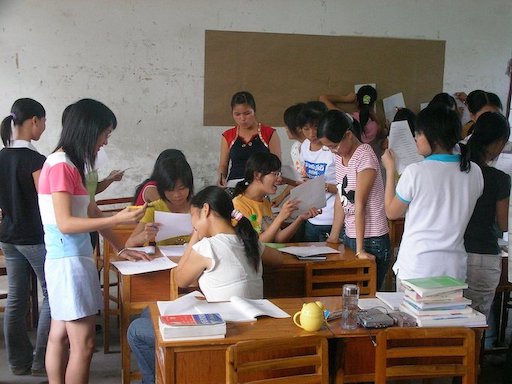4.3 Appreciative embodied practices
Focusing on the best of what is currently being experienced, searching out those practices that are exciting and energising, isn’t only a cognitive process. Instead, it is a process of doing – of acting and of feeling. Practices, by their very nature, particularly in the education professions, are ‘embodied, materially mediated arrays of human activity … organised round shared practical understanding’ (Schatzki in Boud and Hager, 2012, p. 22–23).
It is through these embodied experiences (our practices) that we can identify exciting opportunities and energising ideas by paying attention to our emotional responses. Sometimes in problem-solving approaches, inquiry can be portrayed as quite a distant, scientific process where the subject of the inquiry, the methods of data collection and the reporting of recommendations relies on the inquirer being ‘objective’. An appreciative approach ensures we bring ourselves into our inquiries, whether individually and/or collectively. It recognises the role of our emotions and the physicality of our practices as spaces of creativity, where we can be generative and make differences.
Activity 6 Feeling when something good is occurring
Think of a time when something went really well in your practice. It may have been something small like a particular interaction with a child, or it may be something larger like a successful project or sequence of learning.
- How do you physically react when something good is happening?
- How do you move?
- How do you feel?
- What physical and emotional signals do you display to others about what is happening?
Sometimes it is hard to think back and articulate our physical and emotional responses to events as these aspects are often downplayed, as something less important in inquiry than thinking and writing. However, being aware of how we feel, as an indication of what might have potential for exciting, generative, positive developments is important in an appreciative frame, as the next section will explore.

